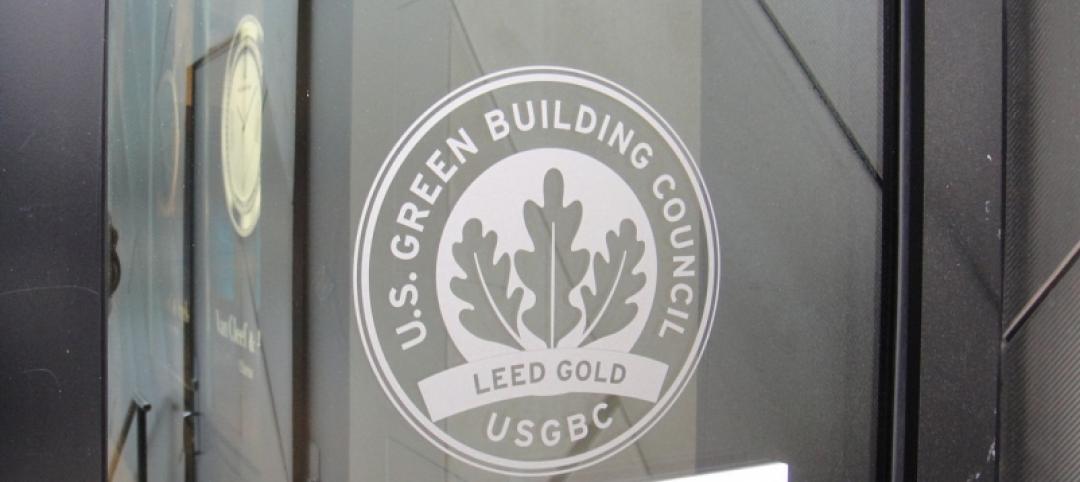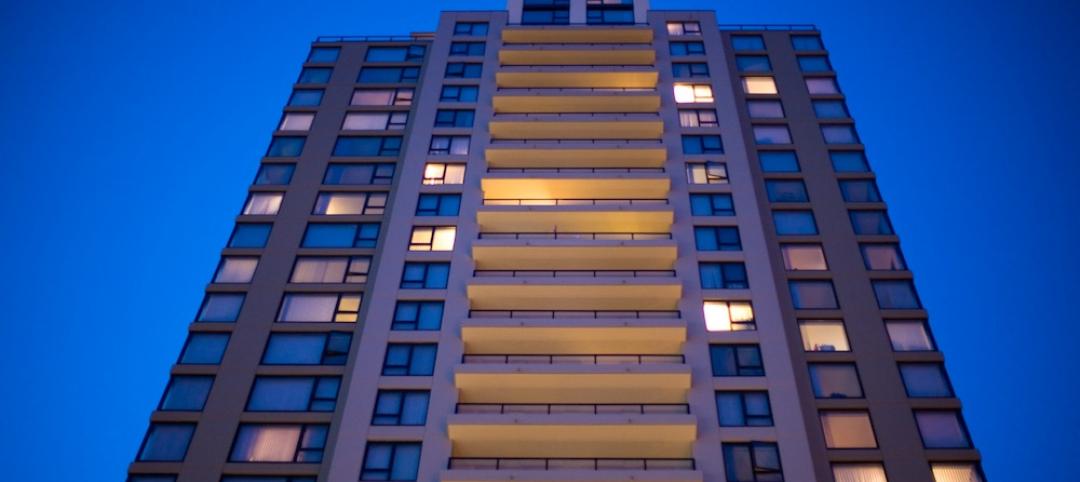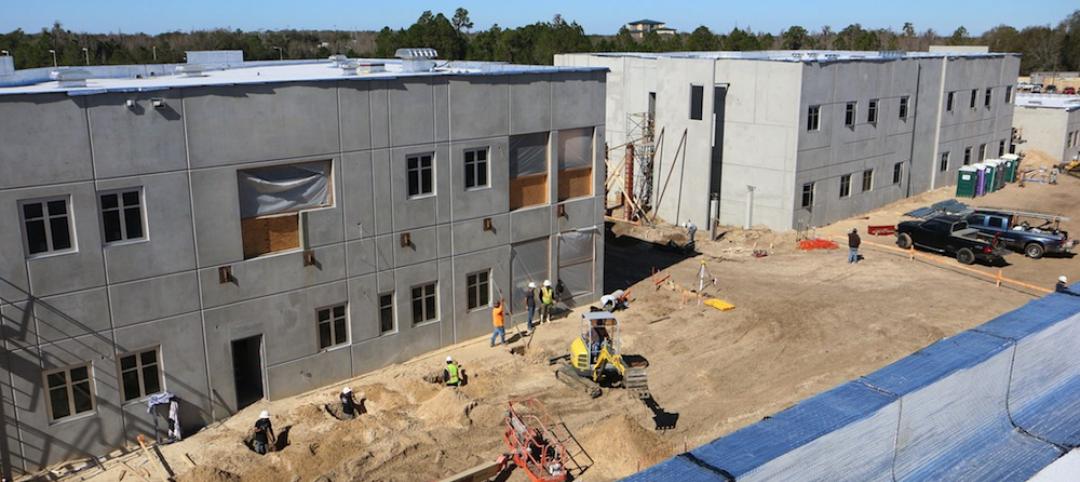Two years ago, a plan to create a smart city project along Toronto’s waterfront was unveiled with great fanfare.
Since then, the proposal, spearheaded by Sidewalk Labs, a subsidiary of Alphabet (Google’s parent company) has prompted extensive public criticism and a lawsuit by the Canadian Civil Liberties Association over data privacy and misuse concerns. The ambitious project was conceived as a showcase for the latest smart city technologies.
The project is to be centered on sustainable and safe transportation systems, and efficient and affordable housing. Technology such as “adaptive traffic lights” would prioritize cyclists and pedestrians and study the possibility of autonomous transit options. Innovative building materials and new occupancy models, like “co-housing”, would offer green, reasonably-priced housing.
With sensors tracking people and vehicles sprinkled throughout the development, privacy rights advocates are concerned that the data could be used for surveillance and discourage people to exercise free speech rights. It didn’t help that at public hearings Sidewalk Labs seemed unable to spell out where this data would be stored and how it would be used.
The company also presented a greatly expanded scope of the proposal from the original 12 acres to a 190-acre area at a public meeting, perhaps misreading the intent of the agreement with the city. These issues have caused delays to the project, but Waterfront Toronto, the city group overseeing it, recently voted to go forward with the 12-acre development.
Other smart city projects around the globe, including in South Korea and India, have been also been plagued by delays and controversies. These challenges indicate that making cities smarter will not be easy.
Related Stories
Codes and Standards | Apr 18, 2016
ASHRAE releases proposed energy standard for historic buildings
Designed to balance with preservation requirements.
Codes and Standards | Apr 13, 2016
Canadian city fines itself for failing to get a building permit for building renovation
Guelph, Ontario, will pay a $1,125 fine to the province.
Codes and Standards | Apr 12, 2016
Construction trade groups sue OSHA over silica rule
Cite concerns about technological and economic feasibility.
Codes and Standards | Apr 11, 2016
New LEED 2009 projects will have to meet increased minimum energy performance
New requirements went into effect April 8.
Wood | Apr 8, 2016
New LEED Pilot ACP designed to help eliminate irresponsibly sourced materials
Illegal wood is primary target to restrict illicit material in the supply chain.
Lighting | Apr 5, 2016
Lighting requirements for high-rise dwellings proposed for energy standard
The requirements would effectively eliminate incandescent and halogen bulbs.
Steel Buildings | Apr 4, 2016
AISI publishes Cold-Formed Steel Framing Design Guide, 2016 Edition
Updates 2007 edition; includes five comprehensive design examples.
Data Centers | Apr 1, 2016
ASHRAE releases publication on the impact of IT equipment on data center design
The book offers advice for designing structures in the fast-changing data center industry.
Codes and Standards | Mar 28, 2016
Occupant egress simulations that impact codes fall short, researchers say
Building evacuations in emergencies are too dangerous as a result.
School Construction | Mar 28, 2016
National report on school buildings reports $46 billion annual funding shortfall
Millions of students said to be learning in obsolete facilities.

















